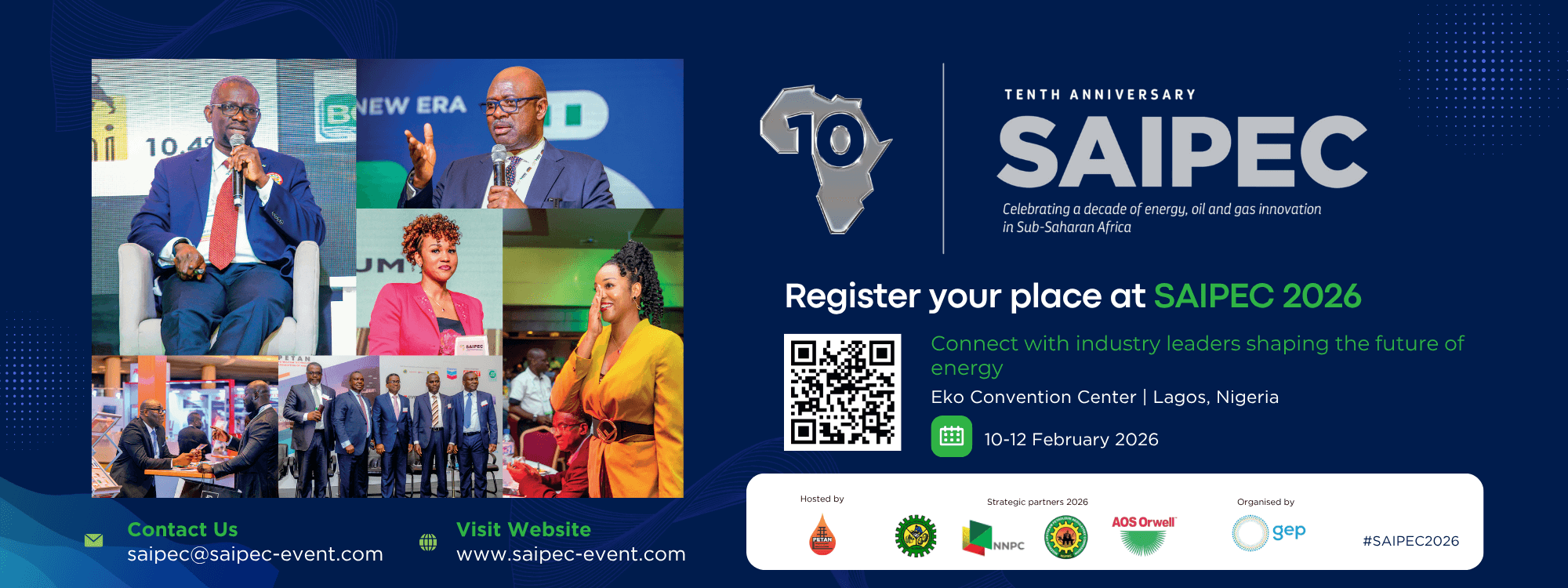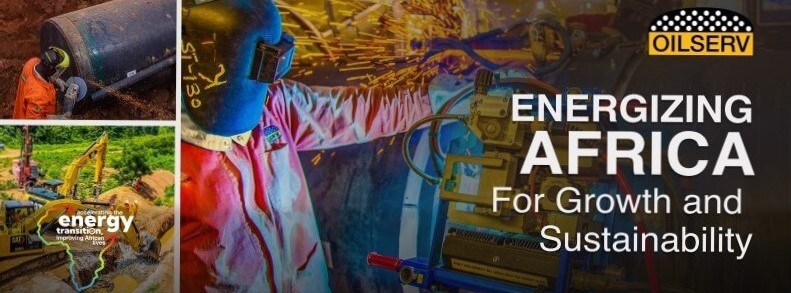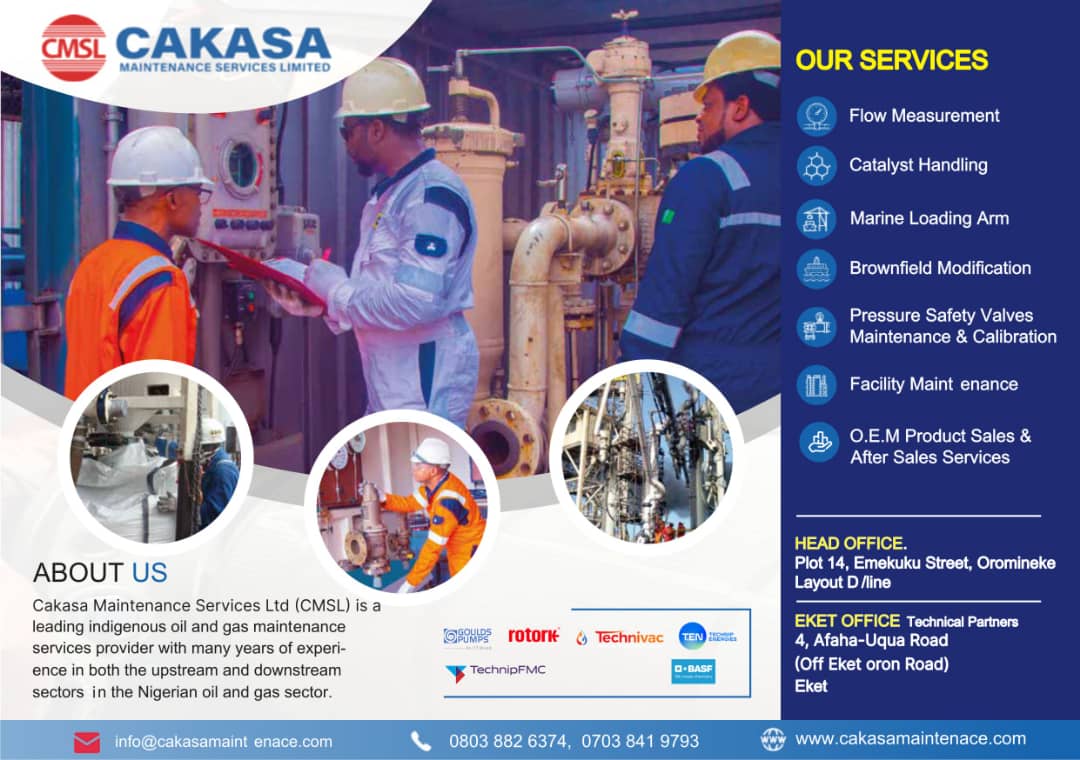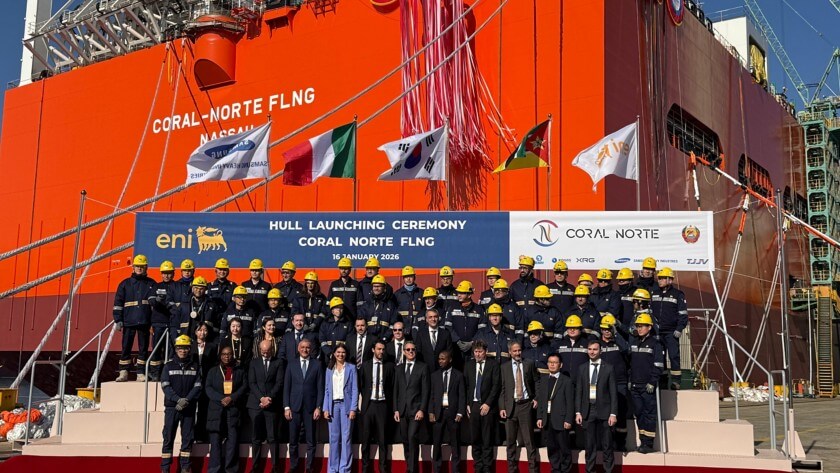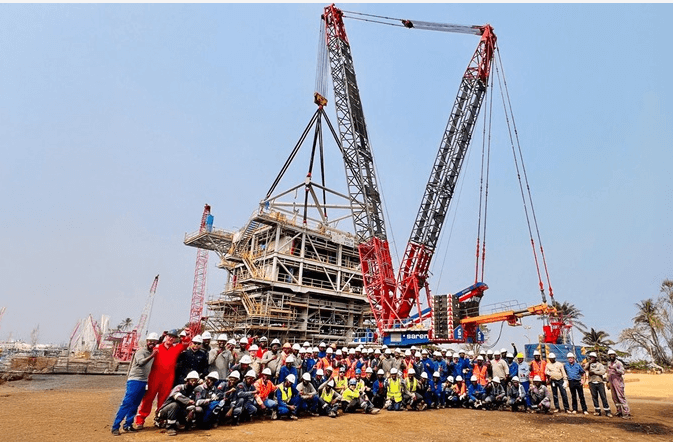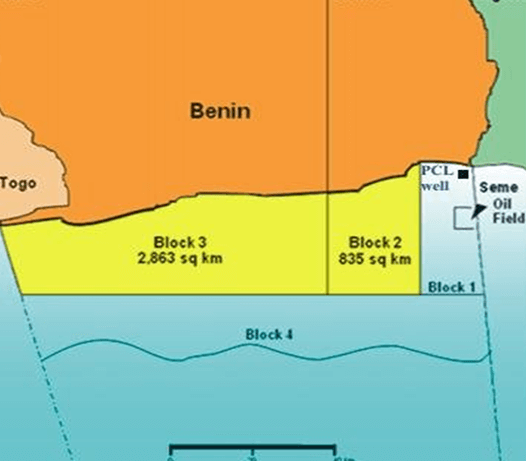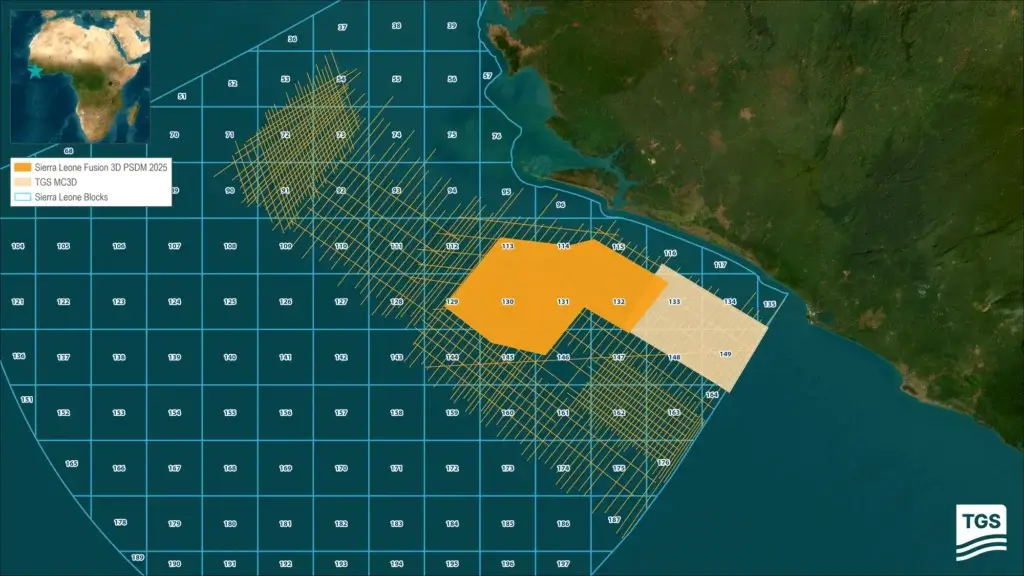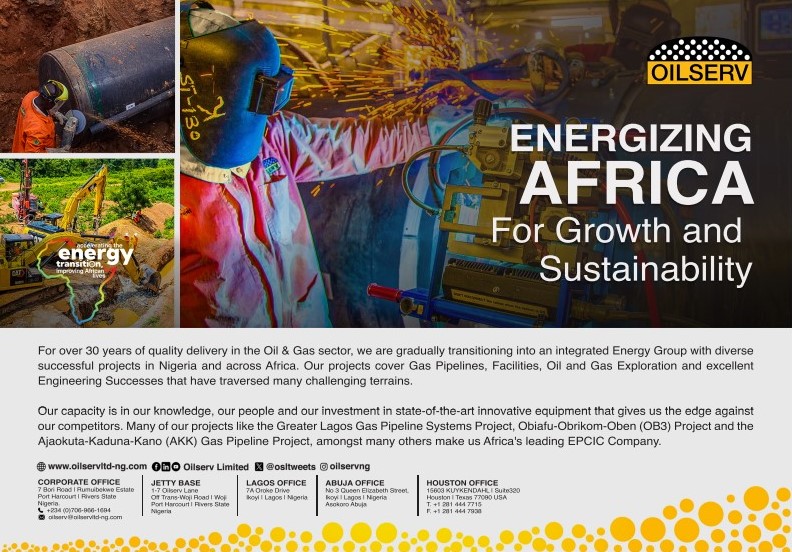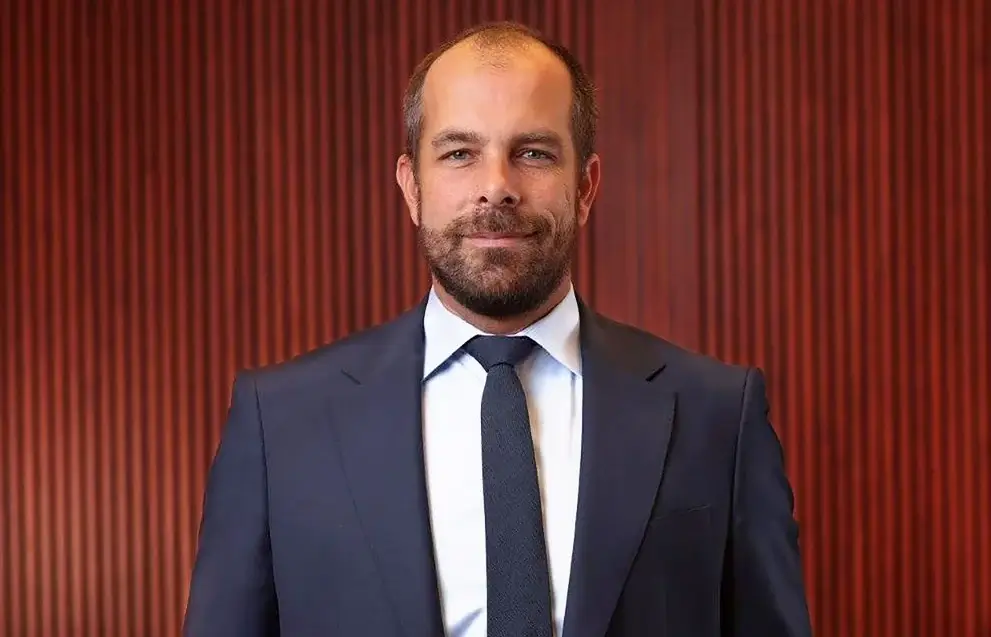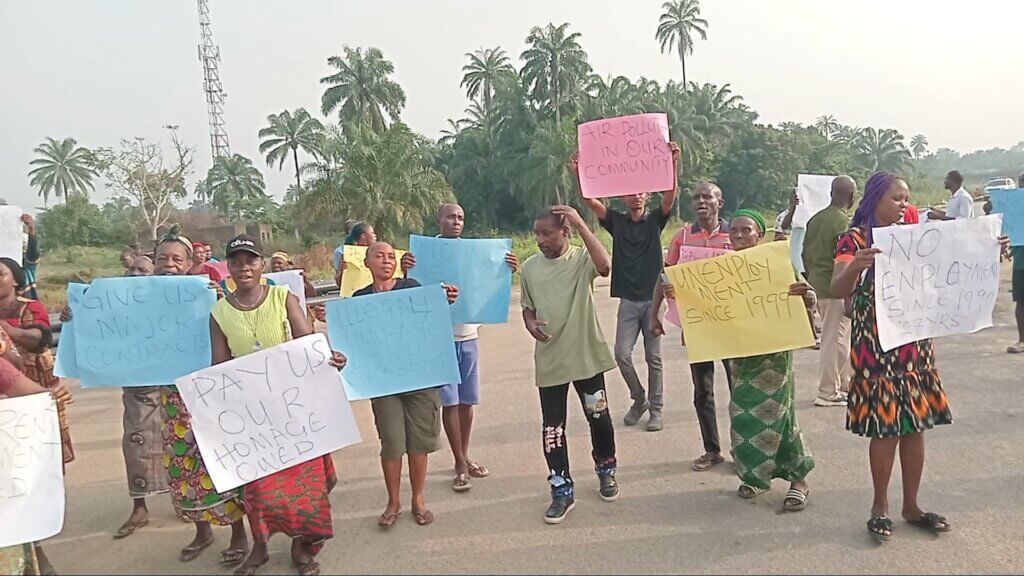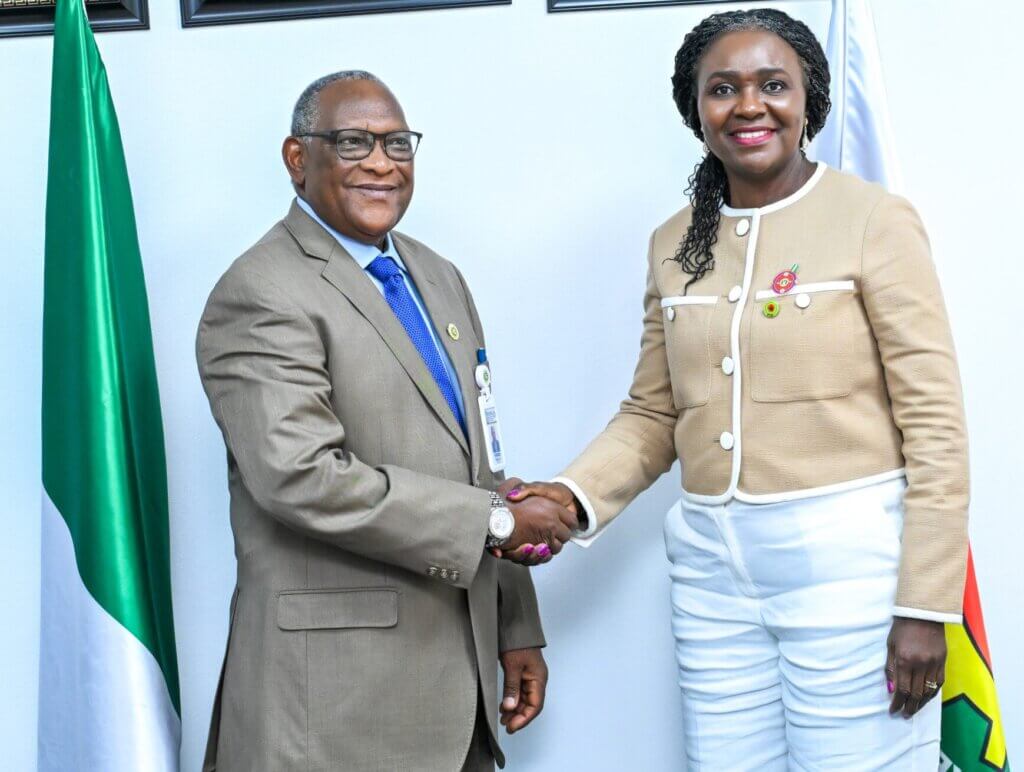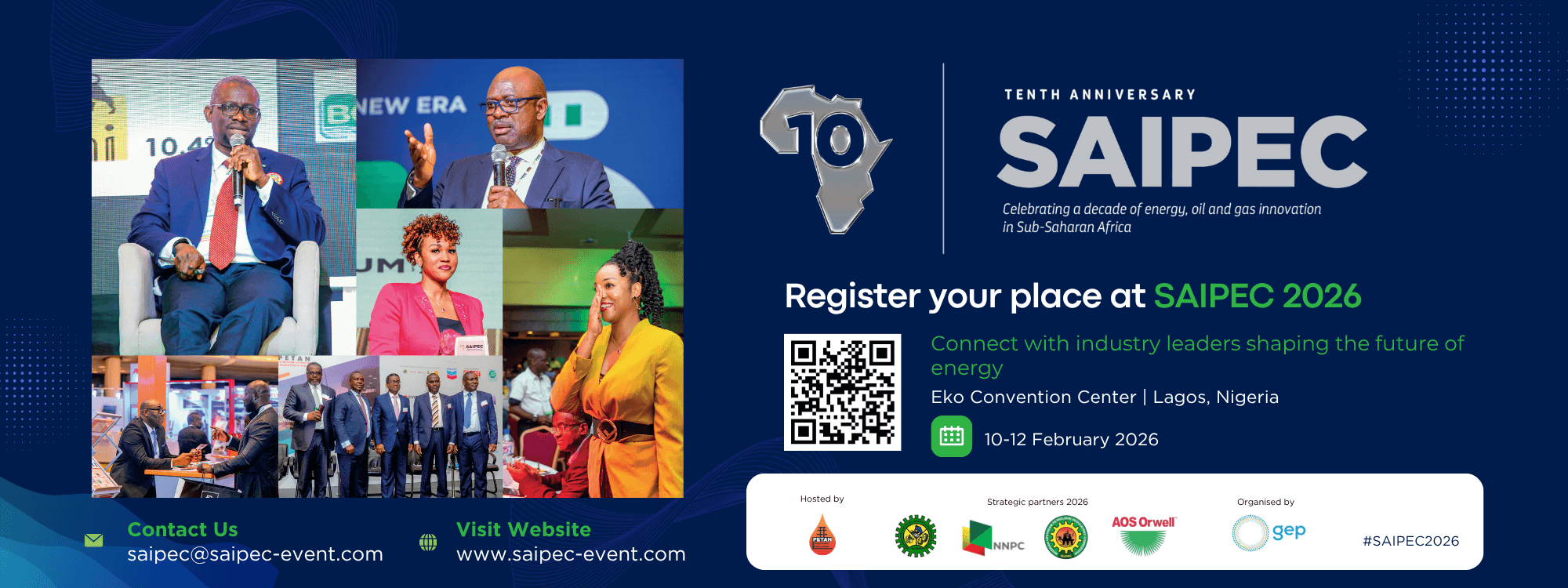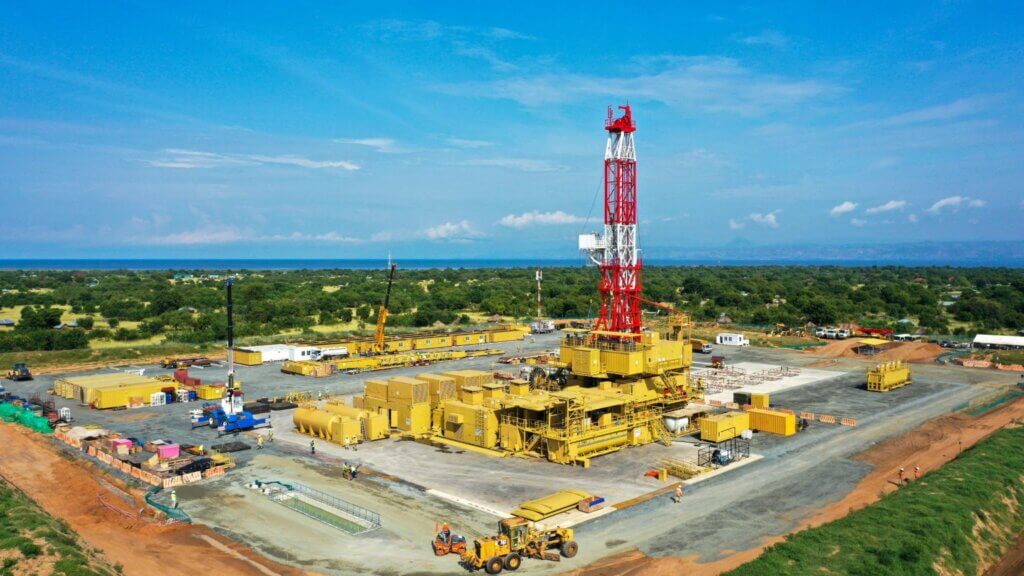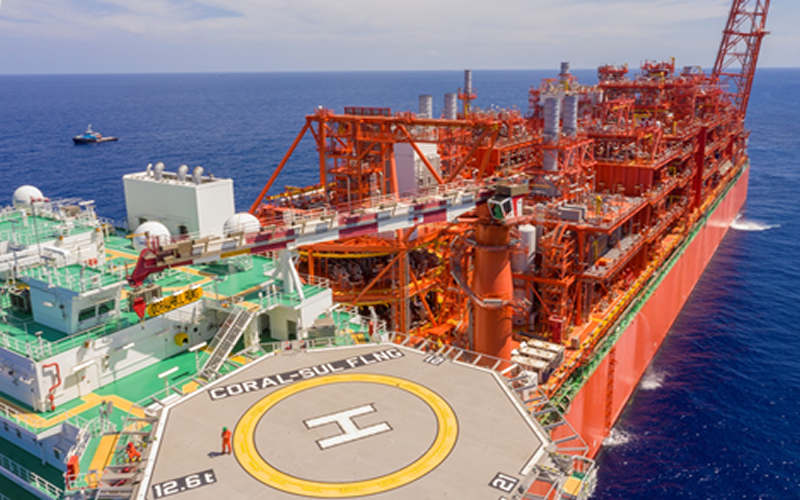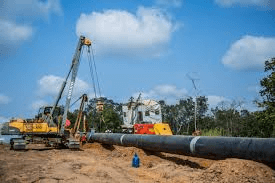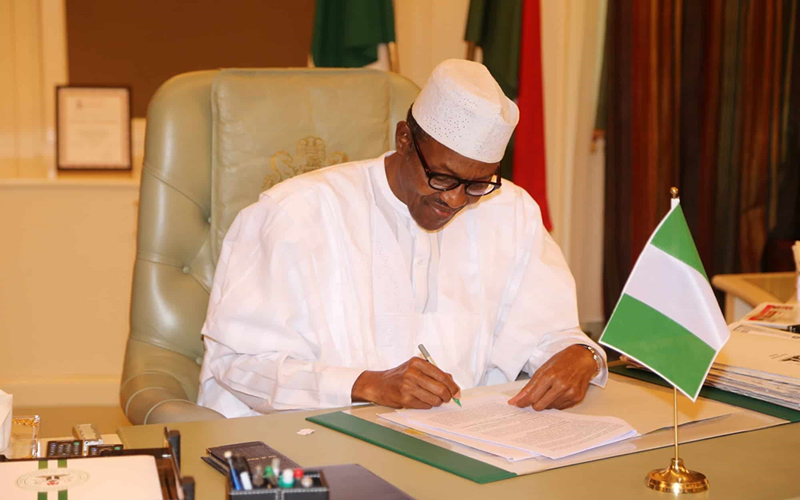
The outstanding performance by Engr. Simbi Kesiye Wabote as the Executive Secretary of the Nigerian Content Development and Monitoring Board (NCDMB) is set to be recognised and celebrated again as he has been nominated for the “Distinguished Capacity Development Award” at the forthcoming Nigeria Excellence in Public Service Awards, to be conferred by President Muhammadu Buhari (GCFR).
According to a letter signed by Dr. Nnamdi Maurice Mbaeri, Permanent Secretary, General Services Office of the Secretary to the Government of the Federation, the award will be bestowed on Engr. Wabote and other deserving Nigerians in different categories at a ceremony scheduled for the State House Conference Centre, Abuja on October 21.
According to feelers from the Presidency, the Executive Secretary is getting the award for the outstanding strides he accomplished, particularly in human and infrastructural capacity development since he was appointed as the helmsman of NCDMB in September 2016 and got reappointed in 2020.
The accomplishments are in furtherance of the mandate of NCDMB, as enshrined in the Nigerian Oil and Gas Industry Content Development (NOGICD) Act. They include providing capacity-building opportunities for over 13,000 Nigerians in various skill areas resulting in over 12 million training manhours and championing the construction and commissioning of NCDMB 17-Storey Headquarters with a 1000-seater conference auditorium and multi-level car park in Yenagoa, Bayelsa State. The edifice was constructed in five years by an indigenous contractor and provided opportunities for artisanal skills development and capacity-building for Nigerians as well as creating over 250 employment positions for the host community.
Other notable achievements recorded by Wabote in the past six years include the successful partnership with Waltersmith Refining and Petrochemical Company Limited to develop and commission a 5000 barrels per day (bpd) modular refinery in Ibigwe, Imo State, and investments in modular refineries like Azikel Group12,000 bpd hydro-skimming modular refinery in Polaku, Bayelsa State; Atlantic International Refinery’s 2000 barrels plant in Brass, Bayelsa State, and Duport Midstream’s 2,500bpd modular refinery in Edo State. These investments created over 3000 jobs in the refining value chain and ensured value addition to Nigeria’s crude oil, grew our domestic refining capacity and curbed pipeline vandalism.
The successes in capacity development also extend to the construction of two oil and gas parks in Bayelsa and Cross River States – designed to spur the manufacturing of critical oil and gas equipment, tools and spare parts in Nigeria. The parks are due for completion in Q1 2023 and would create over 2000 jobs each.
He also championed the construction and donation of an ultra-modern vocational school to the University of Ibadan and renovated and equipped the Government Technical College Abak, Akwa Ibom and Technical College Amoli, Awgu Local Government Area, Enugu State.
The Executive Secretary also championed the donation of over 35 ICT centres and science labouratories to secondary schools across the country to enhance the quality of Information, Communication Technology (ICT) and Science, Technology, Engineering and Mathematics (STEM) education.
Under his leadership, NCDMB grew the Nigerian Content Intervention Fund to a US$500m Fund and disbursed it effectively as credit to Nigerian oil and gas service companies and community contractors, with single-digit interest. This enabled local oil and gas service companies to build human and technical capacities to provide hi-tech services in the oil and gas industry, compete effectively with their international counterpartand create thousands of jobs for Nigerians.
Other standout achievements include the partnership with investors to catalyse critical projects in the gas value-chain, in line with President Muhammadu Buhari’s declaration of the year 2021 – 2030 as Nigeria’s Decade of Gas. Some of the NCDMB’s third party investments under his leadership include LPG Composite cylinders manufacturing facilities; Gas Processing Plants; Gas Gathering hub and LPG Storage and Loading Terminal Facilities. The Board is also partnering with investors to establish gas processing plants, Inland LPG terminal and Smart Gas/Smoke Detector Alarm devices and a Base Oil Production plant.
Prior to this award, the Executive Secretary has been conferred with several international and national awards, including a global award conferred by the organizers of African Oil Week (AOW) in November 2018 for his outstanding contributions to sustainable local content development in Nigeria and across the African oil and gas industry.
He was also honoured in August 2019 as the Transformational Business Leader in Public Sector by the Business Leadership Awards, organised by the BusinessDay Newspapers and bagged the Local Content Development Achievement Award from the Oil and Gas Trainers Association (OGTAN) in April 2018 in recognition of the remarkable achievements he led the Board to record in less than two years of his assumption of duty.
He was equally recognised as the Regulator of the Year at the 2021 Vanguard Personality of the Year Award and received the African Local Content Icon Award by the 2021 African Business Leadership Awards (ABLA) organized by the African Leadership Magazine.
| Conference AEW2022: Africa-Europe Roundtable Tackles Energy Transition, Global Trade |
| As the European Union (EU) restructures its plans for energy security in light of shifting geopolitical realities, the Africa-Europe Roundtable – organized on the first day of African Energy Week 2022 in Cape Town addressed the role of the African continent in advancing the global energy revolution and supplying Europe with energy security. Roundtable speakers included Hon. Gwede Mantashe, Minister of Mineral Resources and Energy of South Africa; Eng. Fuad Mosa, General Supervisor of Local Content, Risks and Crises Management, Ministry of Energy of Saudi Arabia; Rebecca Enonchong, Founder and CEO of AppsTech; Nangula Uaandja, CEO of the Namibian Investment Promotion Development Board; Mary Burce Warlick, Deputy Executive Director of the International Energy Agency (IEA); and Anja Casper-Berretta, Head of Energy Security and Climate Change in sub-Saharan Africa, Konrad Adenauer Foundation. The panel was moderated by Eleni Giokos, CNN Anchor and Correspondent. “We are heavily dependent on coal generation. Renewables now supply only about 10% of energy in South Africa. But the first problem we have is the polarized energy debate, which doesn’t achieve solutions. We must transition, but we must be very practical in our transition,” began Hon. Gwede Mantashe, South Africa’s Minister of Mineral Resources and Energy, on the current state of the energy mix. “We believe that the new energy mix will have everything – coal, oil, gas, renewables. All types of energy creation will continue,” added Eng. Fuad Mosa, General Supervisor of Local Content, Risks and Crises Management for Saudi Arabia’s Ministry of Energy. “The world has been blessed with resources and our ultimate goal is securing the right volumes of energy at the right price. In Saudi Arabia, we will continue accelerating oil and its role in the global energy mix, while natural gas and renewable energies also need to be expanded.” To date, African oil producers have largely exported crude oil to China, with a few exceptions of North African producers who export to Europe. However, current sanctions against Russian gas and the ongoing war in Ukraine has reignited interest in African hydrocarbon and renewable energy projects alike, which could result in billions of new investments into emerging energy markets like Namibia, South Africa, Uganda, Kenya, Mozambique and Tanzania. “In Namibia, there have been recent discoveries of oil and gas,” noted Nangula Uaandja, CEO of the Namibian Investment Promotion Development Board. “At the same time, we are one of the few countries where renewables can be produced at relatively low prices. How can we produce energy at lower rates so that we can export to Europe? It is definitely possible to use countries like Namibia, where our carbon emissions are already some of the lowest in the region.” “From the European perspective, for a long time, the acute need for access to energy was not so dominant,” said Anja Casper-Berretta, Head of Energy Security and Climate Change in sub-Saharan Africa, Konrad Adenauer Foundation. “Yet in Africa, you can’t have an energy transition discussion in countries where more than half of the population doesn’t have access to electricity. So energy security comes from a very different angle. How do we assure energy security? Diversification is a key component. Since the Russian invasion of Ukraine, there has been a more practical approach to finding pragmatic solutions to the current crisis.” Making an Africa-Europe energy trade a reality – even later down the line – will be contingent on ensuring the availability of financing solutions for energy infrastructure development. Prior to the outbreak of the Russia-Ukraine conflict, a growing number of multilateral financial institutions had reduced or eliminated their support of fossil fuels altogether, in accord with the Paris Agreement and climate concerns. Now, the African continent will need to strengthen ties with the West and its associated financial institutions to forge global energy partnerships and guarantee energy security and project stability. “Unlocking financing for investment is crucial for addressing not only the clean energy transition, but also the energy access issue,” stated Mary Burce Warlick, Deputy Executive Director of the IEA. “Our estimates show that in order to achieve universal access to electricity 2030, 90 million would need to gain access on average every day from now until 2030. This will require $25 billion in investment. It’s not impossible, but it will require clear policy and commitment and a more flexible approach to financing.” “In the issue of funding, we also have to think about risk capital,” added Rebecca Enonchong, Founder and CEO of AppsTech. “A lot of the risk capital that goes into energy projects does not go to local entrepreneurs. A few years ago, a famous start-up in Nairobi raised about $260 milion for pay-as-you-go solar panels – and failed – because no one knew how to fix and maintain them. We need to look at where the capital is going. Is it going to local founders who understand the local ecosystem and needs of the people and build wealth?” “In South Africa, we have not run across the problem of a lack of funding,” contrasted H.E. Minister Mantashe. “There is a lot of money going into renewables. The issue is that the money that goes into renewables does not compensate us for what we lose by moving out of the existing sectors. When funding for coal stops and flows to renewables, the capacity to help the same number of people is not comparable. It’s not apples and apples. You get less energy from more megawatts from renewables.” For Africa, new investments could be critical to capitalizing on untapped hydrocarbon reserves left behind in the midst of the energy transition and green lending behavior. According to Rystad Energy, renewed European interest for African gas could boost African production from 260 billion cubic meters per day in 2022, to nearly 500 billion cubic meters by the late 2030s. |
